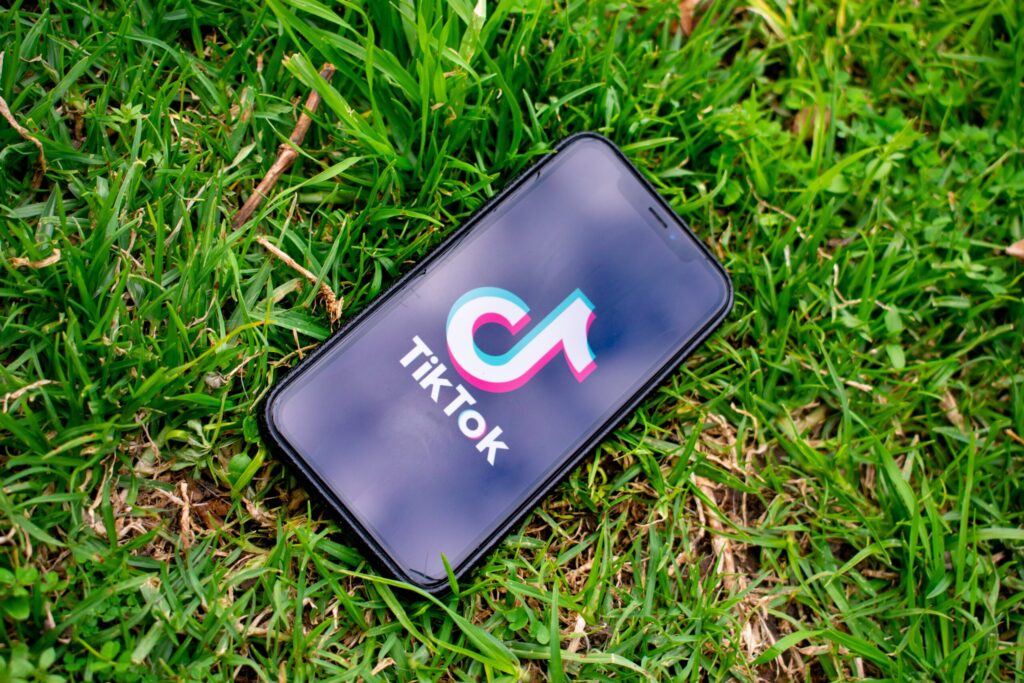In early August, the Trump Administration signed two executive orders related to American national security. The orders, which will go into effect 45 days from their signing, will effectively ban U.S. transactions with popular Chinese social media apps TikTok and We Chat under the International Emergency Economic Powers Act, which underlies the United States’ sanction programs.
This move has large implications for the tech industry. While TikTok, a social media and entertainment platform, is very popular in the United States, with over 80 million American users, WeChat is a messaging service, payment platform, and social network all in one. Not only does it serve as a way for the Chinese diaspora around the world to communicate with their relatives in China, but it is also important for Americans to do business with China.
For TikTok, the Trump Administration has extended the original 45-day deadline to 90 days. TikTok now has 90 days to sell the U.S. operations of the app or risk a ban on all of their transactions with the United States. The new restrictions on TikTok increase the chance of a sale to Microsoft, who is one of the companies in talks acquiring TikTok. With regards to WeChat, the wording of the executive order appears to cover not just the app itself, but includes all transactions with WeChat’s owner, Tencent, which is among one of the largest social media, video game, and investment corporations in the world. This would mean that the ban would not just apply to apps that Tencent owns, but any company that Tencent has a stake in. The list of these companies is long, and includes Epic Games, which produces the popular game, Fortnite, along with other major companies like Reddit, Tesla, and Spotify.
The Trump Administration presented the TikTok and WeChat ban as an issue of national security. According to a recent paper from the Brookings Institution, the administration’s concern is that the Chinese government will be able to access data through these apps and exploit it for espionage or blackmail. This new focus on data privacy and security marks a shift from traditional national security issues, such as those related to intelligence systems or weaponry, toward technological and cybersecurity threats. Both TikTok and WeChat collect an immense amount of data from its users. According to the Wall Street Journal, the data Tiktok, for example, collects includes your phone and social network contacts, age, GPS location and phone number, along with the photos and videos you post. The apps also store your payment information.
However, this is a common practice carried out by American social media apps like Facebook and Twitter, as well. Interestingly, a Chinese Foreign Ministry spokesperson condemned the United States “for using national security as an excuse and using state power to oppress non-American businesses” despite its own ban on American social media apps, including Google, Facebook, Twitter, and Youtube, that has been in place since the early 2010s.
These bans have brought further tension to an already strained U.S.-China relationship. Within the Trump Administration, there are two factions that hold differing stances on the United States’ relationship with China. The “China Hawks,” composed of Secretary of State Mike Pompeo and White House Trade Advisor Peter Navarro, want to confront China. They argue that China presents a strategic threat to the United States., particularly in trade and national security. On the other side, there are those who want a more cooperative relationship with China, like Treasury Secretary Steve Mnuchin, who believes that a positive U.S.-China relationship is necessary to stabilize the global economy.
Although the United States was headed down a more cooperative route with the trade deal signed this past January, the global pandemic soon drove a wedge between Washington and Beijing. In the first weeks of the virus’ global spread, Trump was praising Chinese President Xi Jinping publicly to protect the trade deal. By spring, Trump blatantly criticized China for its handling of the pandemic, calling COVID-19 the “kung flu.” The Trump Administration was determined to not only hold China accountable for the pandemic, but also to fight back against China on numerous fronts. Specifically, they criticized the country for its latest national security law in Hong Kong, which cracks down on any and all pro-democracy and anti-Chinese activity and allows the Chinese government to set up its own agency to enforce “national security” without any local checks and balances. Soon after, in late July, the United States abruptly asked China to close its consulate in Houston, declaring it a hub of trade secrets and espionage.
Leading up to the TikTok and WeChat executive orders, the United States took hostile actions against several Chinese industries. In the technology industries, the State Department sought to convince other countries to exclude the Chinese tech giant, Huawei, from their 5G systems. Additionally, at the President’s Working Group on Financial Markets, Trump encouraged U.S. stock exchanges to set new rules that could trigger the delisting of Chinese companies.
The TikTok and WeChat bans, however, present a new and more serious threat to global business. As mentioned previously, Tencent, the owner of WeChat, has significant stakes in companies critical to the American market and could affect the United States’ ability to conduct business with them. Apple and Google have already removed Fortnite from their app stores and as a result, Epic Games has threatened legal action against Apple and Google. Due to WeChat’s widespread usage in China, U.S. firms utilized the platform to advertise and importantly, to accept payments. Trump’s new policies could be very troubling for American companies, like Starbucks, Walmart, and Nike, who rely on WeChat to connect with the Chinese market and Chinese consumers. The WeChat ban could prove particularly disastrous for Apple, which made $44 billion in China last year. Without WeChat in their app stores, there might be a significant drop in iPhone sales in China.
When analyzing the evolution of U.S.-China relations over the past few months, it is clear that the TikTok and WeChat shifts in policy are not isolated incidents. Rather, they are only a part of the Trump Administration’s strategy to push back against China. In this era of tension between these two superpowers, the executive orders regarding TikTok and WeChat have proven how difficult it will be for any global company to work across the U.S.-China divide.







